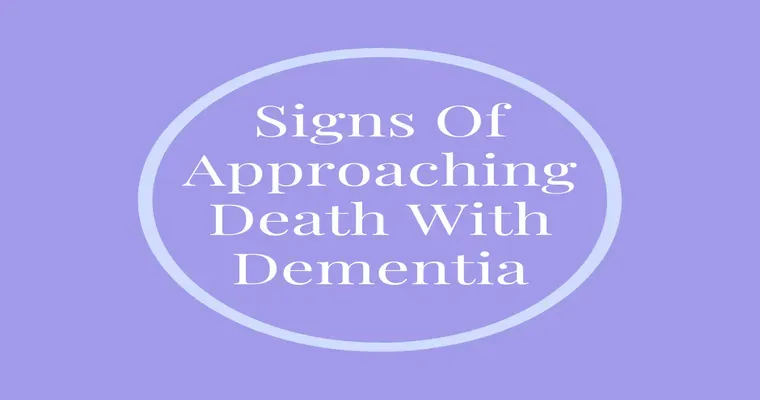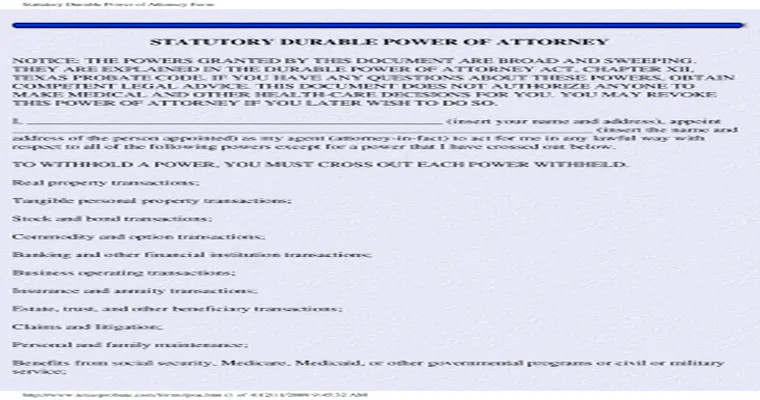Caring for an "88-year-old" patient with "terminal cancer" who is also experiencing symptoms of "undiagnosed dementia" or possibly "Alzheimer's disease" presents unique challenges, especially when they are on a heavy cocktail of "narcotics" in hospice care. Understanding the complexities of such a situation is crucial for family members, caregivers, and healthcare professionals alike.
Dementia and Alzheimer's disease are progressive neurological disorders that affect cognitive functions such as memory, reasoning, and communication. In elderly patients, these conditions can often go undiagnosed, particularly when they are also facing terminal illnesses like cancer. The overlapping symptoms of dementia and the effects of cancer treatments can complicate the clinical picture, making it difficult to determine the primary cause of cognitive decline.
In the case of an 88-year-old with terminal cancer, the use of narcotics for pain management is common. While these medications are essential for providing comfort, they can also have side effects that mimic or exacerbate symptoms of dementia. Confusion, disorientation, and changes in behavior may be attributed to narcotic use rather than an underlying cognitive disorder. This can lead to challenges in accurately diagnosing and managing the patient's condition.
It is important for family members and caregivers to monitor changes in the patient's behavior and cognitive function closely. Keeping a detailed journal of symptoms can provide valuable insights for healthcare providers. Engaging in open communication with the hospice team can help in addressing concerns regarding the patient's mental status and medication regimen.
When considering the possibility of "undiagnosed dementia" or "Alzheimer's", healthcare professionals may utilize cognitive assessments and observation to differentiate between medication side effects and genuine cognitive decline. In some cases, referral to a neurologist or geriatric specialist may be warranted for further evaluation.
Additionally, providing a calm and familiar environment can be beneficial for patients with potential cognitive impairments. Simple routines, gentle reminders, and familiar objects can help ease anxiety and confusion. Caregivers should prioritize emotional support, ensuring that the patient feels safe and loved during this challenging time.
In conclusion, navigating the complexities of caring for an 88-year-old with terminal cancer while possibly dealing with undiagnosed dementia or Alzheimer's requires a delicate balance of medical management and compassionate caregiving. By recognizing the signs, maintaining clear communication with healthcare providers, and fostering a supportive environment, families can enhance the quality of life for their loved ones during this difficult journey.





